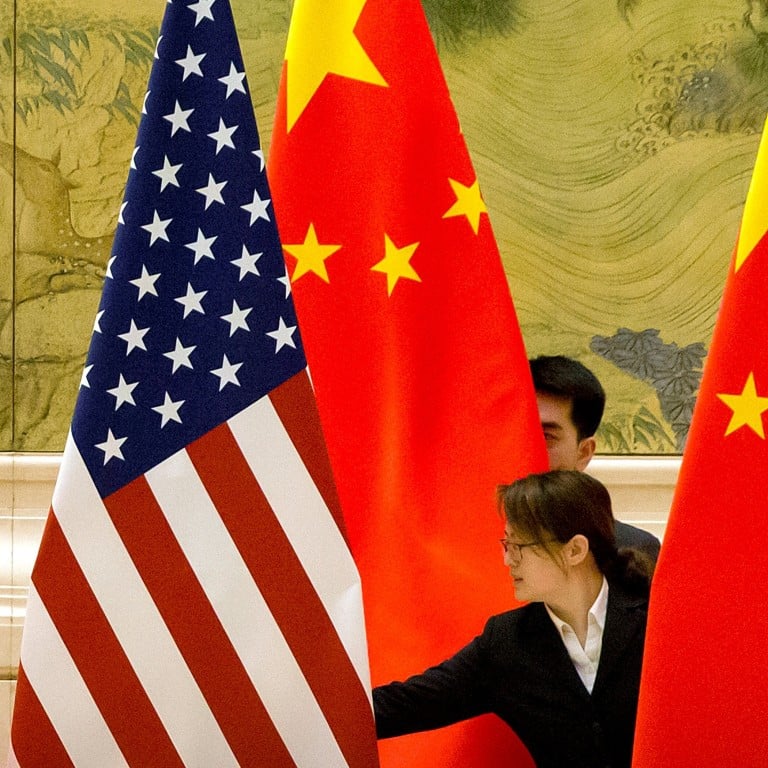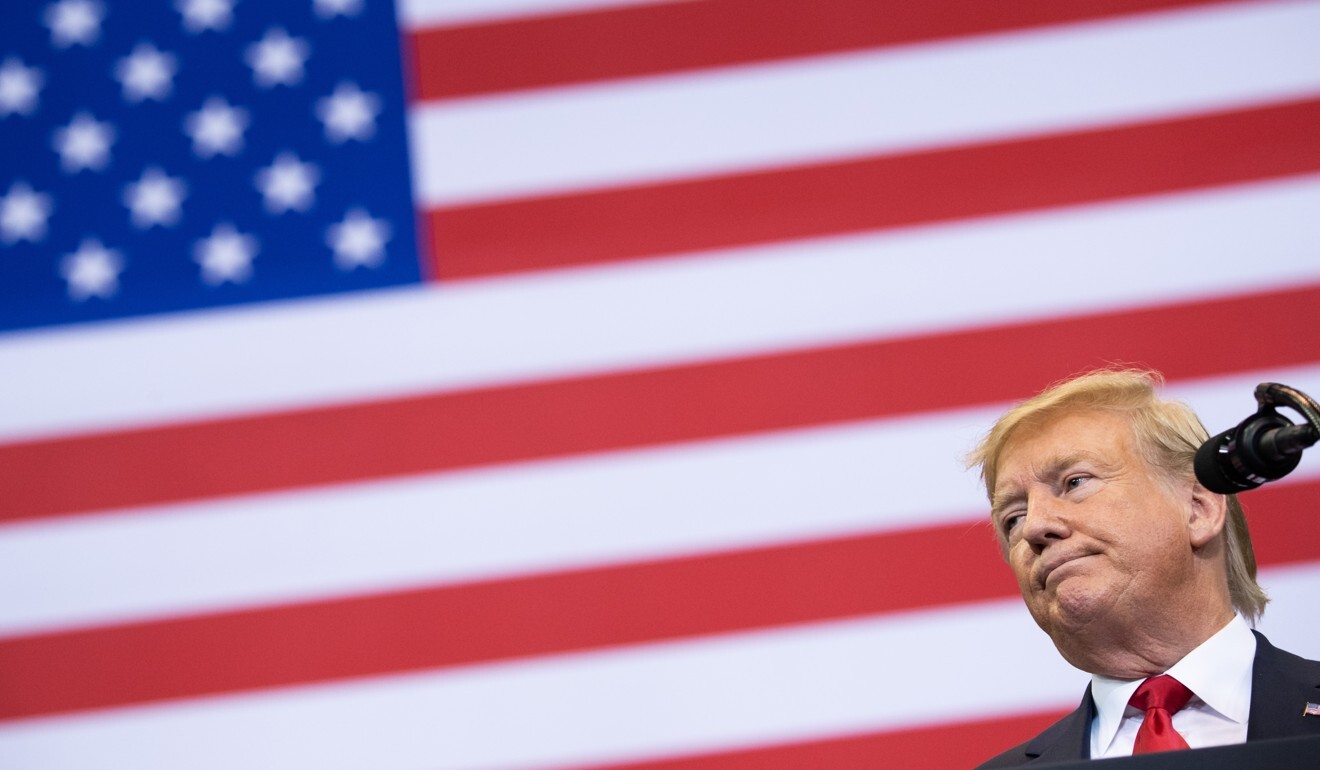
US-China decoupling could offer a surprise profit for investors, UBS money managers say
- Trade war’s fracturing of US-China ties could allow investors to tap the two marketplaces for better returns, UBS Asset Management’s Barry Gill says
- ‘We're going to end up in this dual polarity at some point, and for global investments, that's not a bad thing,’ he says
The trade war between the US and China is accelerating the countries’ decoupling – and that might be good news for money managers, according to investment specialists with Swiss financial services firm UBS.
While the bilateral trade and technology rift caused by the 18-month trade war has spooked investors globally, the fracturing of US-China ties could open up opportunities for investors to tap the two marketplaces for better returns, UBS Asset Management investments head Barry Gill said in New York on Monday.
“We’re going to end up in this dual polarity at some point and, in some ways for global investments, that’s not a bad thing because you end up with the diversification benefits of these very strong economies,” Gill said at a market outlook event.
The trade war has another silver lining: it has prompted China to open its financial markets further to encourage foreign capital flows, UBS money managers say.
“There's also this very technical improvement happening in China that makes it just a much more attractive, safer market for us [foreign investors],” said Kevin Russel, who runs UBS’ hedge fund unit with the Chinese market as a leading investment theme.
As China gradually opens its financial markets, investors can expect to have more sophisticated investment methods at their command.
For example, Russell said, “we’re going to be able to short onshore shares more consistently”, an investment strategy that bets companies’ stocks will drop, based on various factors.
“We then will be able to buy the good ones as well as the bad ones almost regardless of how the overall economies turn out,” Russell said.
Investors can also take advantage of a more domestically driven Chinese market that will become increasingly open to overseas capital.

Over the past 15 years, China has shifted from an export-oriented nation to one focused more sharply on domestic consumption.
That transition began as the Chinese government addressed an economic slowdown on the heels of decades of breakneck growth, well before the administration of US President Donald Trump launched the trade war in July 2018.
China urged to ‘show strength’ and address US calls for reform
“The Chinese stock markets is bifurcated,” Gill said. “The majority of the companies don’t generate much in returns, but then you have health care, education, technology and consumer [companies] that provide organic growth that are multiples of the broader growth rate of the Chinese economy.”
“I think that those businesses are relatively unimpacted by at least the early stages of the trade war,” Gill said.
To say the decline in global trade as a share of global GDP is evidence of a geopolitical dynamic tied to the US-China trade battle ignores China’s massive internalisation of its demand, Gill said.
“I think the global trade dynamics are overplayed,” he said.
Investors should be more concerned about whether Chinese policymakers genuinely intend to open up the financial markets, he said.
“That, for me, is a much bigger risk than the trade dynamics.”

